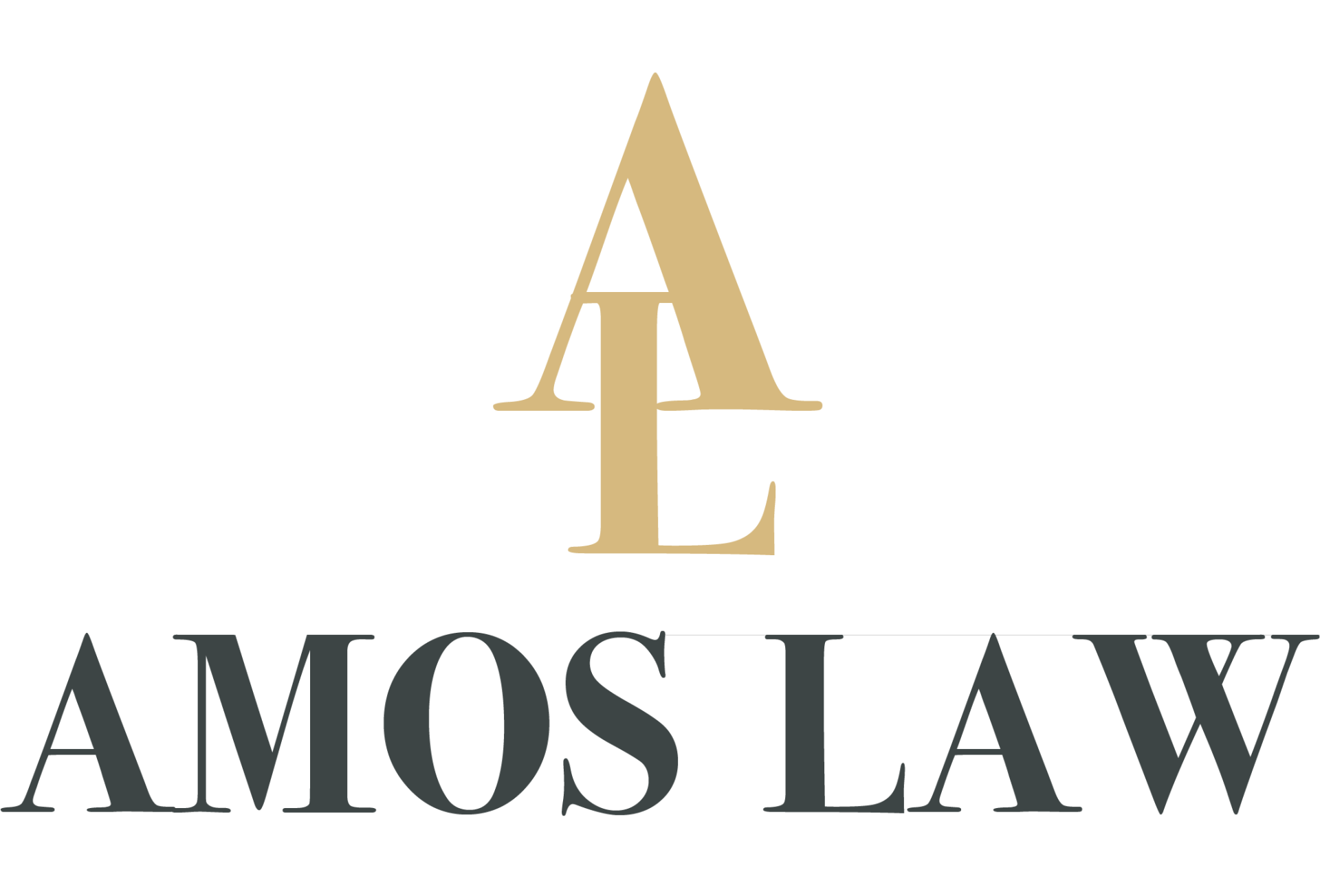Understanding Expungement in North Carolina: A Step-by-Step Guide to Clearing Your Record

Expungement is a legal process that allows individuals to clear or seal their criminal records, offering a fresh start and improved opportunities for employment, housing, and education. In North Carolina, the expungement process is governed by specific laws and regulations, which have evolved over time to provide greater access to this relief. This article provides a comprehensive guide to understanding expungement in North Carolina, including eligibility requirements, the step-by-step process, and the benefits of clearing your record.
What is Expungement in North Carolina?
Expungement refers to the legal removal of a criminal charge or conviction from an individual’s record. In North Carolina, this process is also referred to as sealing criminal records NC. Once an expungement is granted, the record is no longer accessible to the public, including potential employers, landlords, and educational institutions. This can be life-changing for individuals seeking to move past their criminal history and rebuild their lives.
North Carolina’s expungement laws have been significantly influenced by the Second Chance Act North Carolina, which expanded eligibility for expungement and streamlined the process for certain offenses. Understanding these laws is crucial for anyone considering criminal record expungement in the state.
Who is Eligible for Expungement in North Carolina?
Eligibility for expungement in NC depends on several factors, including the type of offense, the outcome of the case, and the individual’s criminal history. Below are some key points to consider:
1 . Expungement for Misdemeanors and Felonies NC:
- Non-violent misdemeanors and certain felonies may be eligible for expungement.
- Some drug-related offenses and first-time convictions are also covered under recent changes to North Carolina expungement laws.
2 . Expungement After Dismissal or Acquittal NC:
- If your case was dismissed or you were found not guilty, you may qualify for expungement.
3 . Expungement for Non-Violent Offenses NC:
- Non-violent offenses, such as minor theft or drug possession, are often prioritized for expungement.
4 . NC Expungement Eligibility 2023:
- Recent updates to the law have expanded eligibility, making it easier for individuals with older convictions or multiple charges to apply.
It’s important to consult with an experienced attorney to determine your eligibility and navigate the complexities of the process.
How to Expunge a Record in NC: A Step-by-Step Guide
The expungement process in North Carolina involves several steps, from determining eligibility to filing the necessary paperwork. Here’s a detailed breakdown:
Step 1: Determine Eligibility
Before beginning the process, confirm that you meet the eligibility for expungement in NC. This may involve reviewing your criminal history and consulting with an attorney.
Step 2: Obtain Your Criminal Record
Request a copy of your criminal record from the North Carolina State Bureau of Investigation (SBI). This will help you identify the charges or convictions you wish to expunge.
Step 3: Complete the Required Forms
Fill out the expungement forms in North Carolina, which are available on the North Carolina Judicial Branch website. These forms require detailed information about your case and personal history.
Step 4: File the Petition
Submit your completed forms to the clerk of court in the county where the charge or conviction occurred. There is typically a filing fee, but fee waivers may be available for those who qualify.
Step 5: Serve Notice to Relevant Parties
Notify the district attorney’s office and other relevant parties about your expungement petition. They may have the opportunity to object to your request.
Step 6: Attend the Hearing (If Required)
In some cases, a judge may schedule a hearing to review your petition. Be prepared to present your case and provide any supporting documentation.
Step 7: Await the Judge’s Decision
If your petition is approved, the court will issue an order to expunge your record. The SBI and other agencies will then update their records to reflect the expungement.
How Long Does Expungement Take in NC?
The North Carolina expungement timeline varies depending on the complexity of the case and the court’s workload. On average, the process can take anywhere from three to six months. However, some cases may take longer if additional hearings or documentation are required.
What Are the Benefits of Expungement in NC?
Clearing your criminal record through expungement offers numerous benefits, including:
1 . Improved Employment Opportunities:
- Many employers conduct background checks, and a clean record can increase your chances of securing a job.
2 . Better Housing Options:
- Landlords often review criminal histories when considering rental applications.
3 . Restored Rights and Reputation:
- Expungement can help restore your reputation and provide peace of mind.
4 . Eligibility for Professional Licenses:
- Certain professions require a clean criminal record for licensing.
Why Choose Amos Law for Expungement?
When seeking to clear a criminal record in NC, having the right legal representation is crucial. Amos Law focuses on helping people clear their criminal records and knows North Carolina's rules about this process very well. Their experienced attorneys can guide you through every step of the process, from determining eligibility to filing the necessary paperwork and representing you in court. Choosing Amos Law ensures that your case is handled with professionalism and care, maximizing your chances of a successful outcome. Their team is dedicated to helping individuals reclaim their futures and move forward with confidence.
Frequently Asked Questions About Expungement in North Carolina
1. What is the Cost of Expungement in NC?
The expungement cost in NC typically includes filing fees and attorney fees. Filing fees can range from 175to250, but fee waivers may be available for those who qualify.
2. Can I Expunge Multiple Charges in North Carolina?
Yes, recent changes to the law allow for the expungement of multiple charges under certain conditions.
3. How Long Does an Expungement Stay on My Record?
Once expunged, the charge or conviction is removed from your public record and will not appear on background checks.
4. Do I Need a Lawyer for Expungement in North Carolina?
While it’s possible to file for expungement on your own, hiring an experienced expungement lawyer in North Carolina can significantly improve your chances of success.
5. What Happens if My Expungement Petition is Denied?
If your petition is denied, you may have the option to appeal the decision or reapply after addressing any issues identified by the court.
Conclusion
Expungement is a powerful tool for individuals seeking to move past their criminal history and rebuild their lives. By understanding the expungement process in North Carolina and working with experienced legal professionals, you can take the necessary steps to clear your criminal record in NC and unlock new opportunities. Whether you’re exploring expungement for misdemeanors and felonies in NC or seeking relief under the Second Chance Act of North Carolina, the journey to a fresh start begins with knowledge and action.
If you’re ready to take the first step, consider reaching out to Amos Law for professional guidance and support. Their team is committed to helping you navigate the complexities of expungement and achieve the best possible outcome for your case.



